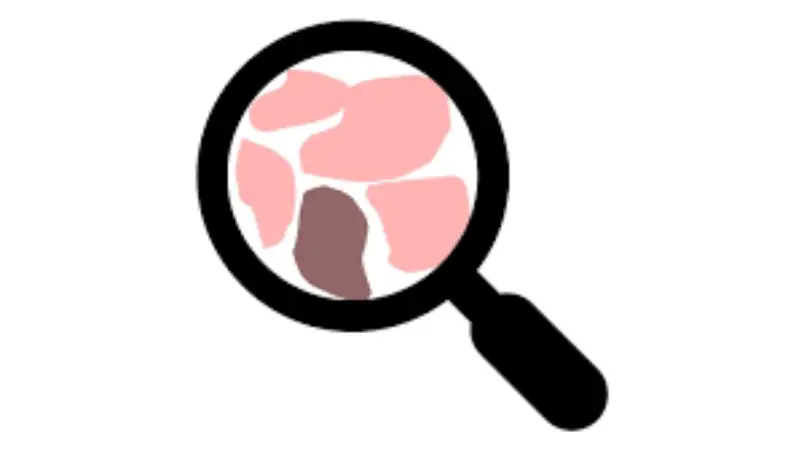Why Cancer Screening?
Why Cancer Screening Saves Lives: A Guide to Early Detection
Cancer screening is a powerful tool in the fight against this disease. By detecting cancer early, when it’s often more treatable, screening can significantly improve survival rates and quality of life.

What is Cancer Screening?
Cancer screening involves regular tests to detect cancer before symptoms appear. These tests can help find precancerous cells or early-stage cancers.
Why is Early Detection Crucial?

Early detection is key to successful cancer treatment. Cancer is often easier to treat, and the chances of a full recovery are significantly higher when it is found early. Early detection can also lead to less invasive treatments, fewer side effects, and a better quality of life.
Common Cancer Screenings:
Breast Cancer: Mammograms are a common screening tool for breast cancer, especially for women over 40.
Cervical Cancer: Pap smears and HPV tests are used to screen for cervical cancer.
Colorectal Cancer: Colonoscopy is a highly effective screening test for colorectal cancer.
Lung Cancer: Low-dose CT scans are recommended for high-risk individuals.
Skin Cancer: Regular self-exams and dermatologist check-ups can help detect skin cancer early.
Who Should Get Screened?
The screening recommendations vary depending on age, family history, and lifestyle. It’s essential to consult with your healthcare provider to determine the appropriate screening schedule for you.
Overcoming Barriers to Screening
While cancer screening is crucial, some people may face barriers to accessing these tests. These barriers can include:

Lack of Awareness: Some people may not be aware of the importance of regular screening or may not know when to start.

Fear and Anxiety: Many people fear the potential discomfort or anxiety associated with screening tests.

Cost: Screening tests can be a significant obstacle, especially for those without health insurance.
To overcome these barriers, it’s important to:
Educate Yourself: Learn about the benefits of cancer screening and the recommended guidelines.
Talk to Your Doctor: Discuss your concerns and develop a personalized screening plan.
refer to cancer Charity Foundation
Address Fear and Anxiety: Talk to your doctor or a counselor about your concerns and find strategies to manage anxiety.
By understanding the importance of cancer screening and taking proactive steps, you can significantly reduce your risk of cancer and improve your overall health.





